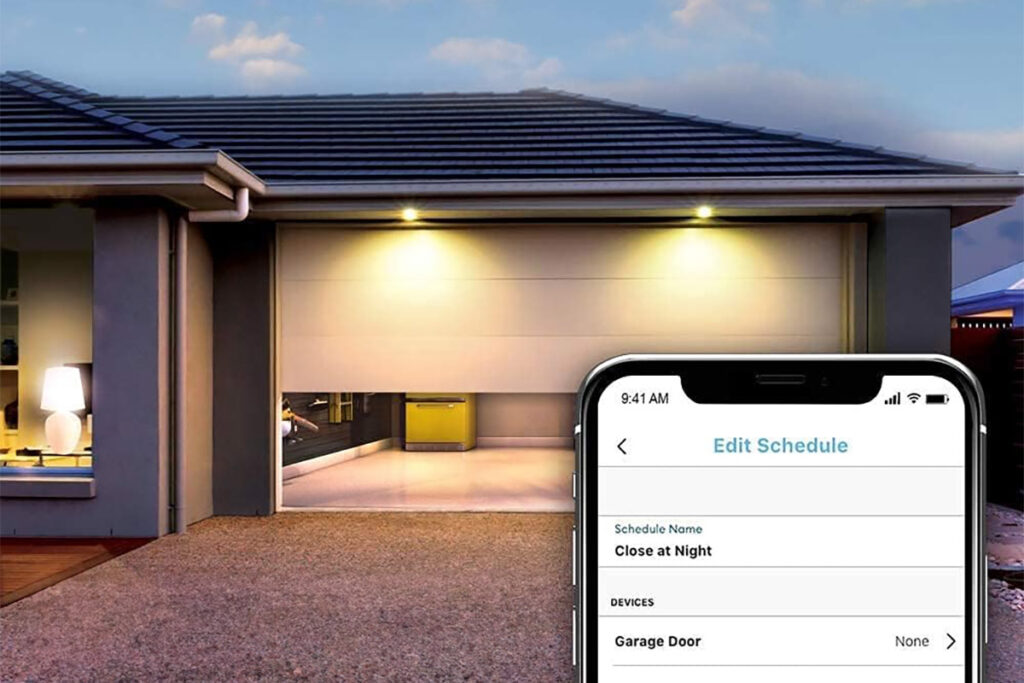The short answer to this question is no. Your vehicle's odometer is what tracks mileage, and it represents so much more than just the engine wear.
But what all does the odometer represent, and why can't you reset it? We'll answer all those questions and more here.
Why Replacing an Engine Won't Reset Mileage
As we already mentioned, your vehicle's odometer represents more than just the mileage of the engine. While there's no doubt that the engine is one of the most critical components, it's not the only component.
For example, the transmission, suspension, and steering components are all critical parts of your car, and they're all completely independent of the engine.
Moreover, all these components and more have service intervals when you need to perform maintenance, and they wear out, so you'll need to replace them. But if the odometer were reading the wrong number, a new driver would never know to complete those maintenance actions or keep an eye on those various components for wear or tear.
This could lead to a potentially dangerous situation as the new owner isn't performing the necessary maintenance actions to keep the vehicle road-worthy.
👉 Related Reading: Does Replacing Engine Affect Value Of The Car? (The Answer)
Resetting the Odometer
Now that we know that replacing the engine doesn't reset the vehicle's mileage let's address what can happen if you reset the odometer. But first, let's acknowledge one fact, resetting the odometer isn't easy.
It's not like in “Matilda,” where the dad hooks up a drill in reverse to dial back the odometer. The truth is that modern vehicles require coding knowledge to hack into the ECM to change the data. And even older vehicles require you to tear apart the dash completely and hope you don't mess up any of the circuits in the process.
Considering that manufacturers didn't design these components to come apart, it's no easy task. In fact, the easiest way to do it is to replace the entire dash with one from a different vehicle with lower mileage.
But if you're tampering with the dash or even replacing the dash with the purpose of selling the vehicle, you could be setting yourself up for legal charges. In fact, the minimum federal fine for odometer tampering is $1,500, but it can cost you even more than that.
However, if you need to replace the dash for legitimate reasons, there are a few steps you need to take. First, you'll need to track down a dealership to see if they can match the new reading. Only if they can't can you replace the dash and have it read the wrong mileage.
And even then, you'll need to inform any potential buyers of the correct mileage and to protect yourself, you should do it in writing.
👉 Related Reading: How Much Does It Cost To Rebuild An Engine?
How To Tell the Mileage of the Current Engine
But if replacing the odometer doesn't reset the current mileage, how do you even know it has a new engine in there? While it might take a little more work, it's certainly possible to determine the current mileage of the engine without an odometer.
If a dealership or other authorized repair shop replaced the engine, they must report the work, and anytime you pull a vehicle's service records, these repairs will come up. The Department of Transportation manages this, so you don't need to track down a specific dealership to get accurate information.
All you need to do is compare the odometer reading at the time of the engine replacement with the current reading to get the mileage on the engine.
But what if you complete the work yourself? In that case, there's no way to tell the current age of the engine. While you might be able to tell that there's a new engine by looking at it, that's not foolproof. It is a significant drawback to replacing the engine yourself. While you'll know when you replaced it, a potential buyer will have to take your word for it.
This isn't a problem with just engine swaps though. Anytime you complete maintenance work on your vehicle this remains untracked. Whether it's something simple like an oil change or something complex like a new engine, there's no way for a buyer to know when you completed the work.
👉 Related Reading: Service Engine Soon Light : Explained And How To Fix (Answer)
Final Points
Your vehicle's mileage is the first thing you need to check to determine what maintenance you need to perform.
Because while replacing the engine resets that part of the maintenance schedule, it doesn't reset the entire maintenance schedule. So, no matter what you do, the vehicle's odometer reading is there to stay.





